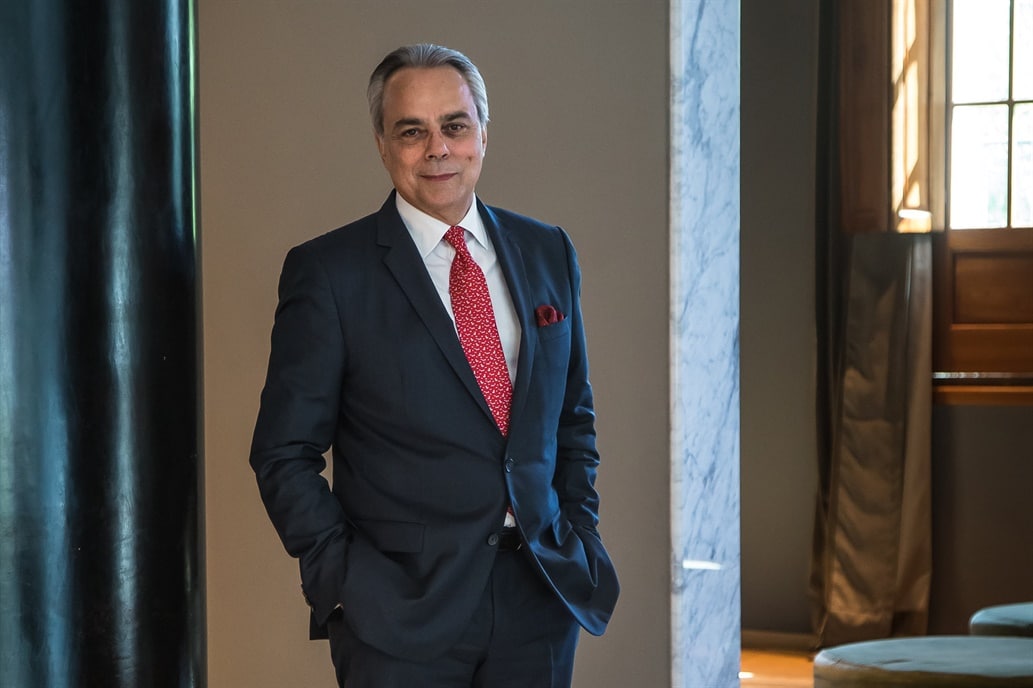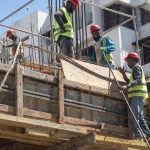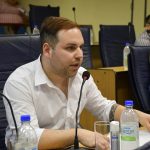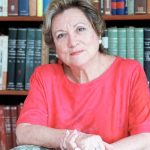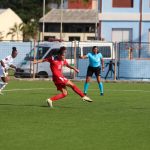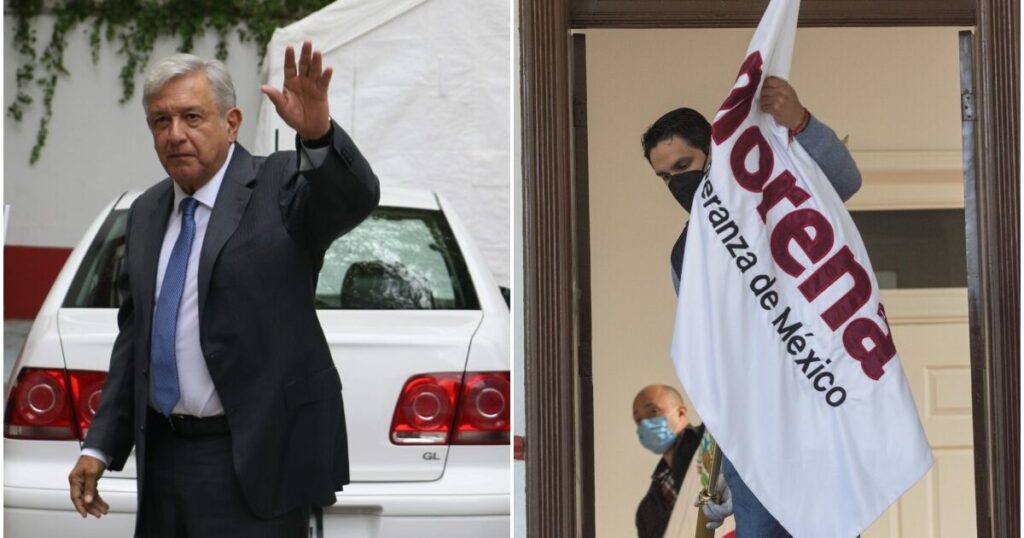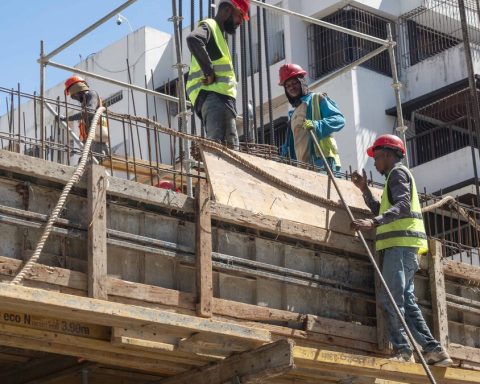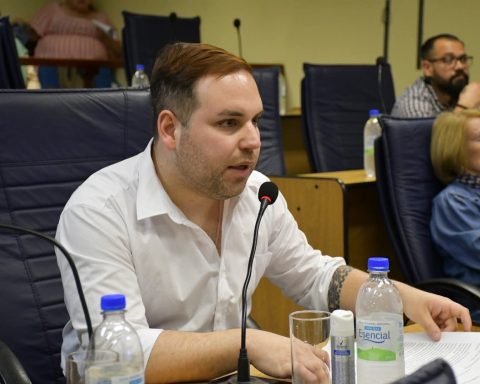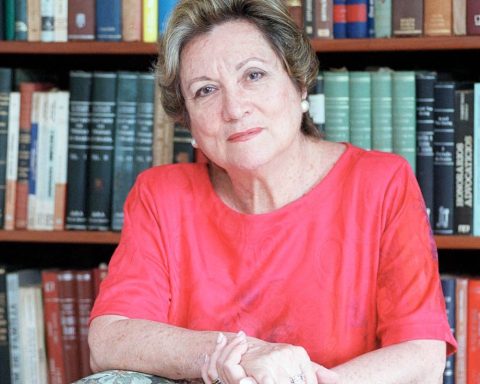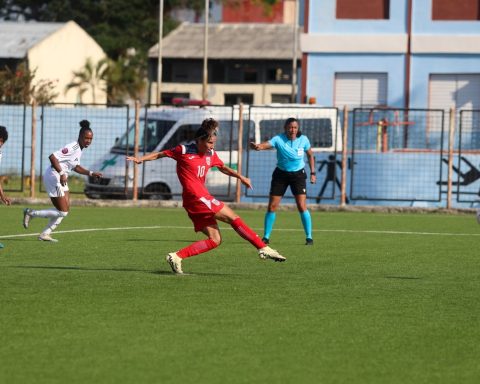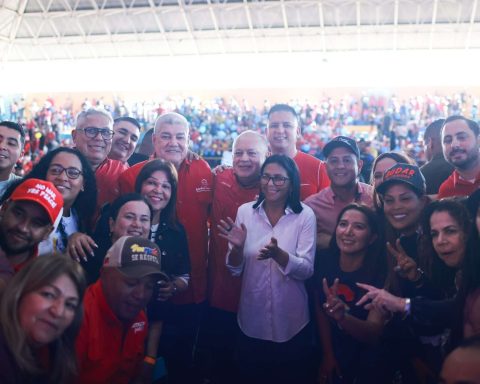The political scientist Daniel Zovatto, regional director of IDEA, considers that the withdrawal of the approval of the United States ambassador, Hugo Rodríguez, was an “expected action”, on the part of the regime of Daniel Ortega and Rosario Murillo that is “raising the pulse” in the conflict with the United States”, but it will cause “a hardening” of the Joe Biden Administration.
In an interview with This week Y CONFIDENTIAL, Zovatto affirmed that the crisis in Nicaragua “has moved from the center of the international agenda to the periphery.” The recovery of democracy is a medium and long-term process. “It’s not a 200-meter race, you have to prepare for a marathon,” he warns.
The Ortega-Murillo dictatorship withdrew the approval of the new US ambassador, Hugo Rodríguez, because in a hearing before the Senate he questioned the human rights violations in Nicaragua. What consequences does this deterioration of relations with the United States, which is also Nicaragua’s main trading partner, have on the country’s political crisis?
I believe that this decision, to withdraw the approval of the designated ambassador of the United States, Hugo Rodríguez, was to be expected. On the 43rd anniversary of the Sandinista Revolution, Daniel Ortega said that he was not going to carry out any type of negotiation with the United States because it would be throwing the noose around his neck. And in the hearing that Hugo Rodríguez made before the Senate, his criticism was very clear regarding the serious violations of human rights that take place in Nicaragua, and the deterioration of democracy. He was very emphatic in saying that this did not constitute any type of interference in internal affairs, that what he was doing was demanding compliance with the Inter-American Democratic Charter. But, Foreign Minister (Denis) Moncada, came out to say that it was an interference in internal affairs, something that we already know how the dictatorship reacts and that, therefore, they were not going to give him the approval.
Read: Dictatorship rejects the new ambassador nominated by the United States
This raises the pulse of the dictatorship with the United States, which had already been heating up in recent weeks: (more) people included in the Engel list; remove Nicaragua from the sugar import quota in the United States; (possible) sanctions on mining, which will affect gold exports; and I believe that we are going to see a greater hardening, in the coming weeks and months, of the United States with respect to the dictatorship.
After the electoral farce of November last year, Nicaragua has experienced a radicalization of the Ortega-Murillo regime, more than 1,100 non-governmental organizations have been eliminated and indiscriminate persecution continues, which has produced a new wave of massive migration to the United States. United States and Costa Rica, and it also has consequences and economic malaise, but the police state remains intact. Is a medium-term political solution possible?
In the course of the dictatorship in the last four years, what we have seen is more and more hardening and greater repression. The repression of April 2018, with more than 325 young people murdered; Later, the regime tried to find some kind of settlement, the OAS and the Secretary General (Luis Almagro) considered that some kind of negotiation could be opened with a view to last year’s elections, which we all knew was a hoax, that it was to buy time to overcome this difficult moment that Ortega’s dictatorial regime went through, perhaps the most complex of the last 15 years.
When he recovered oxygen, he carried out more repression, more police state; he made a true electoral farce; there are more than 180 political pesos, including the seven main candidates; it has been closing all civic spaces, with this closure of more than 1,000 organizations of all kinds; and in turn, he groped, took possession of the few mayoralties that remained in the hands of the opposition, with which he was closing absolutely all the spaces, and building this single-party regime, a kind of North Korea.
They are building, in view of the international community, a regime like we have never seen, similar to that of North Korea, based on a family dynasty. Not even Cuba is at this moment, that is, ultimately Fidel (Castro) died, Raúl ceded, at least formally, part of the power to (Miguel) Díaz-Canel; We did not see it in Venezuela between (Hugo) Chávez, now there is (Nicolás) Maduro, who has to negotiate with several of the members of Chavismo.
This brutal concentration of power, with absolute impunity, in just a period of four years, does not register any precedent in our region; and that is what is serious, because in the face of this, Latin America continues to have a very lukewarm attitude, we saw it in the face of the recent Summit of the Americas, where not only was the regime of Daniel Ortega not condemned, but the position of President Biden not to invite, among others, the dictator Ortega. So the situation is extremely complex.
The regime continues to be condemned by the Inter-American Commission on Human Rights, by the UN High Commissioner for Human Rights, but, on the other hand, there is a paralysis in the Organization of American States, there is a total state of impunity. Can the international community, aside from the OAS, the United States, Canada, other Latin American countries, influence this crisis of impunity in Nicaragua, to restore basic freedoms?
I feel that we are entering a delicate moment because the environment that had been created, of much criticism and pressure, was lost as a result of the imprisonment of the main opposition leaders, the electoral farce and the theft of the elections.
Between November and December of last year, it was perhaps the best moment for the opposition and for the democratic groups, to put all the pressure on the regime. But, what I feared is happening, in a world where there are successive crises, and these are accumulating. We haven’t finished coming out of the pandemic, the crisis in Ukraine has already come; We have not finished the crisis in Ukraine and we already have the issue of inflation and the increase in the cost of living, which is putting several of the democratic governments in the region in check.
The issue of Nicaragua once again begins to move, from the center of the agenda, to the periphery; the second danger is the schizophrenia that exists in our region. That is to say, on the one hand you have organs that condemn a regime, which is a murderous dictatorship, violating human rights; there is the Inter-American Commission on Human Rights, violations of freedom of expression, you have all the complaints from human rights organizations.
But, on the other hand, from the political point of view, there is a very complex division within the inter-American system, where there are countries that continue to tolerate and support Ortega, or at least not condemn him as firmly as they should; and in turn, you have international financial organizations that continue to give resources to the dictatorship, the most recent case is that of the World Bank, whose credit, despite the contrary vote of several countries, including the United States, ended up being approved.
And, in a particular way, I am concerned, and I want to denounce it again publicly, the undignified role of the president of the Central American Bank for Economic Integration, the Honduran (Dante) Mossi who, in a recent interview I saw on Channel 12, praises and considers spectacular the achievements made by the dictatorial regime of Ortega and Murillo. This schizophrenia of, in certain areas, condemning him, in other areas, looking to the side, and in other areas continuing to give him the resources, is what is giving Ortega the oxygen to continue violating human rights, and consolidating his single-party regime. with complete impunity.
Also: President of CABEI advocates for the Ortega dictatorship: There is an unfair sanctions regime
Can this impasse or this paralysis be broken? Can the United States, the European Union, the Latin American countries, which have spoken out consistently on this, have an impact or will the Ortega dictatorship be prolonged with impunity?
Unfortunately, we are in a very difficult time, but in difficult times, one tests resilience. Getting out of these dictatorial regimes and recovering democracy is not a 200-meter race; this is like a 42 kilometer marathon, it is a medium and long-term process, in which you have to prepare properly, with a lot of perseverance.
You have to generate a strategy that prevents despair from being the one that ends up winning and one ends up lowering one’s arms, saying: “Well, we are going to accept it because there is nothing to do.” Yes, there is much that can be done, but we must be aware that it is in the medium and long term, and it will require a lot of sacrifice, much more than what is currently being experienced.
And the important thing is the union of all the opposition groups to this dictatorship. Here, there is only one enemy, it is the authoritarian regime of the Ortega-Murillos. The rest may be differences that must be put aside. The important thing is the unity of all sectors: politicians, civil society, businessmen, all those sectors that want to recover democracy, work very proactively at the international level.
I even believe that a perspective is now opening up: the arrival of (Gabriel) Boric, in Chile; the arrival, perhaps, of (Luiz Inácio) Lula, in Brazil; I believe that a new president (Gustavo Petro) in Colombia, all presidents of the democratic left, can help generate a sort of consensus, that here it is not the right that is asking the regime to leave, but rather left-wing democrats that are working together to find an exit scenario that, in my opinion, has to have a mix of carrot and stick.
As a carrot, in terms of transitional justice for those more moderate sectors, among those who currently support Ortega, as has been sought in many other democratic transitions. Because you can’t apply the stick to everyone, because that way you won’t achieve much, and yes, maintain increasing pressure on the hard core of the regime, including, as I have been insisting, on the family.
It is necessary to gradually identify, within the group that supports the dictatorship, those who would be willing, under the principle of transitional justice, to open spaces for a dialogue that puts, in the first place, all political prisoners free, that puts an end to to the police state and the violation of human rights. And that in a medium and long-term process, seek a democratic solution through elections with full guarantees.
This requires very important support from the international community, but including the countries of Latin America; it requires a commitment from the European Union, from Canada, but above all from the United States, which has many tools, in the Renacer Act, to continue tightening the neck, and it has to do so; and in turn, it requires how to rebalance the weakness that exists within Nicaragua in order, via the support of the international community, to generate strengthening spaces for the confrontation with the authoritarian regime.
These fights are won from within the countries, but support from outside is absolute, not only a necessary condition, but also an indispensable condition.
